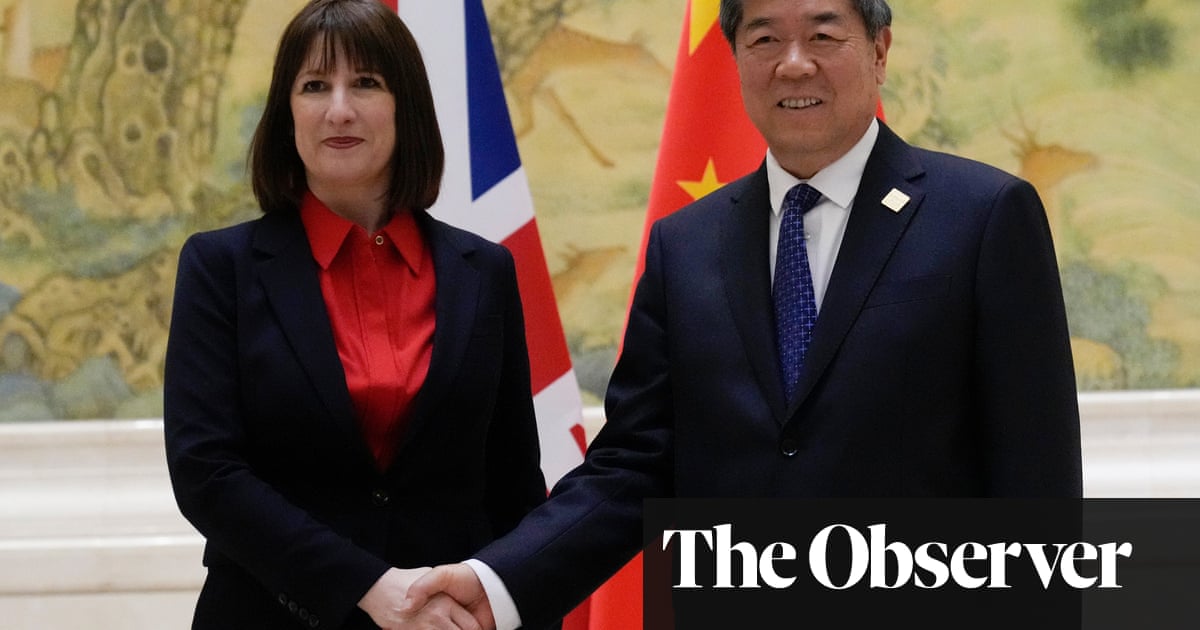The latest attempt to resolve France’s political and financial crisis might be dubbed “back to the future”.
The new prime minister, François Bayrou, was minister of education when Emmanuel Macron was still a schoolboy. The 73-year-old centrist, whom the president reluctantly appointed on Friday after days of closed-door wrangling after the fall of Michel Barnier’s short-lived government, was a vital ally and consigliere to the young Macron when he dynamited France’s political system in 2017 to win the presidency at the tender age of 39.
Macron believed he had consigned the old political class and the left-right divide to history – calling it “le monde d’avant” (the world before). Now both have returned to bite the lame-duck president in the behind. Bayrou effectively forced a hesitant Macron to appoint him, according to insider accounts, by threatening to pull his MoDem party out of the president’s “Ensemble” (Together) alliance otherwise.
Macron’s chances of serving out his own term till 2027 and preventing hard right anti-immigration leader Marine Le Pen from succeeding him in the Élysée Palace hinge on the success of this gambit.
Bayrou was recalled in a second attempt to break a parliamentary deadlock that defeated Barnier and has left France without a budget and in the firing line of credit ratings agencies over its mounting debt and chronic deficit. Moody’s downgraded France’s sovereign rating on the day he took over the Hotel Matignon office from the former Brexit negotiator.
With financial pressure and public discontent mounting, can Bayrou do any better than the hapless Barnier? The answer depends on his ability to persuade both the centre-left Socialist Party (PS) and the conservative Republicans (LR) to refrain from toppling his government, giving him at least a breathing space to show some results.
Many commentators, especially on the left, rushed to dismiss Bayrou’s nomination as a “same old, same old” attempt by Macron to salvage his liberal legacy by nominating someone he could trust not to scrap his pension reform raising the retirement age from 62 to 64, or reverse his tax cuts for wealth creators.
But the political equation has changed since the start of December, when an unnatural, ad hoc alliance of Le Pen’s National Rally (RN) and the leftwing New Popular Front (NPF), led by Jean-Luc Melenchon’s radical left France Unbowed (LFI), brought down Barnier’s government over his plan to defer an inflation catch-up for pensioners.
The Socialist leader, Olivier Faure, realised that many Socialist supporters didn’t approve of the PS voting with the “extremes” on the censure motion, and think the party should break with LFI and behave more constructively as a responsible “governing left”. Facing internal party challenges, he agreed to talks with Macron and said the PS was ready to compromise on the basis of “reciprocal concessions”. The Greens too said they were open to a non-aggression pact if the new premier respected certain conditions, notably refraining from using a constitutional device to force laws through parliament without a vote.
after newsletter promotion
Bayrou, a farmer’s son who has a more pronounced social conscience than Macron or Barnier, could use this opening to build a government of old hands from the centre-left to the centre-right, even if that means dropping some of Barnier’s spending cuts. In his first statement on taking office, the new premier, who has remained rooted in the rural south-west, denounced what he called the “glass ceiling” that cut France’s elites off from ordinary people, and promised to restore a meritocracy in which hard work is rewarded.
Political sources say he is likely to keep the conservative interior minister, Bruno Retailleau, who has built a blunt-speaking “tough on crime, tough on illegal migration” profile in three months in office. But speculation is rife that Bayrou will try to bring in political heavyweights from past administrations to replace some of the second-rank politicians in Barnier’s fallen government.
To please the Socialists and Greens – but also Le Pen’s RN – he may promise a bill to introduce proportional representation in legislative elections before the next National Assembly is elected. That would align France with most other continental democracies, where government by coalition is the norm. It would free the PS and Greens from having to rely on LFI votes to win constituency run-offs under the current two-round system. But it would also mean a weaker, more unstable executive than the highly vertical system that has been in place since Charles de Gaulle instituted the Fifth Republic in 1958.
Fundamentally, the French are struggling with the same equation of political instability and fiscal squeeze as many other ageing European societies with little economic growth, where politicians can’t agree on spending cuts that hurt their voters. Except, France already had the highest tax take and public spending as a proportion of national income of any EU country before Macron precipitated the political crisis by dissolving parliament in June.
Unless Bayrou can build a minimal consensus of parties from the centre-right to the centre-left on socially balanced solutions to curb the budget deficit and initiate one or two popular reforms, the latest episode in France’s political drama will only fuel Le Pen’s chances of winning power. Bayrou himself noted on Friday that he was facing a “Himalayan” task. For once that may not have been hype.

.png) 3 weeks ago
17
3 weeks ago
17













































